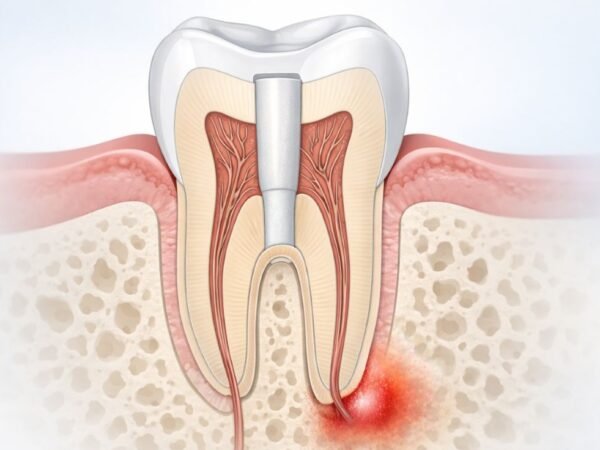You’re not imagining things if you’ve ever sneezed through freshly cleaned sheets or felt itchy in a “clean” T-shirt. Laundry plays a surprisingly significant role in how our bodies react to allergens, and when it’s not done right, it can make allergies worse, not better. Let’s examine what’s really going on in your laundry and how a few simple tweaks can help you breathe easier and feel more comfortable in your clothes.
Allergens Love Fabric More Than You Think
Our clothes, bed linens, and towels are magnet strips for allergens. These microscopic freeloaders include dust mites, pollen, pet dander, mold spores, and even traces of household chemicals. They cling to fibers and stick around unless they’re properly washed away.
Wearing unwashed clothes or sleeping on bedding that hasn’t been cleaned thoroughly can trigger sneezing, coughing, itchy skin, and even full-on allergy attacks. And the worst part? You might think you’re clean, but your detergent routine could be keeping those allergens where they are.
The Detergent Dilemma
It’s not just the dirt and dust that cause problems. It’s also what you’re using to clean your laundry. Many commercial detergents contain strong fragrances, dyes, and preservatives. These added chemicals can be significant irritants for people with sensitive skin or respiratory issues.
Even worse, using too much detergent leaves more residue on your clothes, which can cause rashes, itchiness, or even breathing trouble. It might be time to stop if you’re tossing in an extra scoop for good measure. Less really is more.
What You Can Do to Make Laundry Allergy-Safe
The good news is that you don’t need a science lab or a magic spell to allergy-proof your laundry. You just need to adjust a few habits.
Wash bedding and clothes regularly
For items like pillowcases and sheets, aim for once a week. Dust mites love your bed more than you do, and washing at higher temperatures, if the fabric allows, helps eliminate them.
Switch to fragrance-free or hypoallergenic detergent
Look for formulas labeled “free and clear”—no dyes, no perfumes, just clean. These are much gentler on sensitive skin and respiratory systems.
Rinse like you mean it
If your washing machine has an extra rinse option, use it. This helps wash out leftover detergent that could irritate your skin later.
Skip the fabric softener
These are often packed with perfumes and chemicals that cling to fabrics and can trigger allergic reactions. Instead, go natural with white vinegar in the rinse cycle or try wool dryer balls.
Dry thoroughly and clean your dryer
Damp laundry is a playground for mold and mildew, severe allergy triggers. Make sure your clothes are bone dry before storing them, and always clean the lint filter because that lint is full of allergens, too.
Don’t Forget About Your Washer
If your washing machine smells a little musty, it’s not just being moody. It might be harboring mold, mildew, and bacteria that transfer right onto your freshly washed clothes. Give your washer a clean every few weeks with hot water, vinegar, or a dedicated washer cleaner. Leave the door open after each use so it can dry out properly.
When to Call in the Professionals
Sometimes, despite your best efforts, those pesky allergens still linger. That’s where professional laundry care can be a game-changer. Different laundry services use expert-level techniques and hypoallergenic products to clean your garments gently but effectively. It’s beneficial for items like duvets, curtains, or upholstery covers that are tough to clean at home.
Clean Clothes, Clear Sinuses
Laundry might not be the first thing that comes to mind when managing allergies, but it’s one of the most controllable factors in daily life. By making a few smart changes to your routine, you can wear your favorite sweater or climb into bed without bracing for a sneeze attack.
So next time you toss in a load, remember: clean laundry should feel good, smell fresh, and, most importantly, keep your breathing easy.













